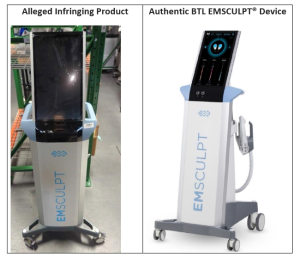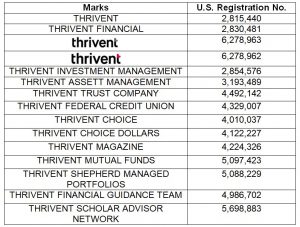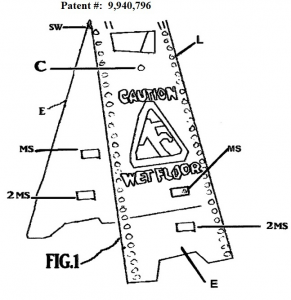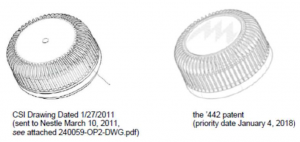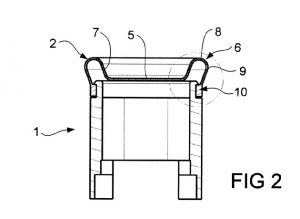Hamilton County, Indiana– The Plaintiffs, DCG Indiana, Inc. d/b/a Dillon Construction Group, filed suit against Cardinal XLIII, LLC (Delaware); Motorsport Real Estate Ventures LLC (Delaware); Studio M Architecture and Planning, LLC (Indiana); Gradex, Inc. (Indiana); and Glenmark Construction Co. Inc. (Indiana) in part, for copyright infringement of works of original authorship.
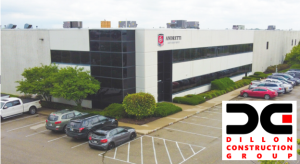 According to the complaint, in early 2022, Andretti Global hired the Plaintiff and the Defendants to design and construct a racing facility in Fishers, IN. The parties then entered into a Design-Build Contract, which included financial terms, budgets, building plans, completion dates, etc. The Plaintiffs also claim that the contract granted Cardinal a limited, irrevocable, and nonexclusive license to use the drawings, specifications, calculations, etc. (Instruments of Service) created by DCG, while also maintaining that DCG was the author and owner of said Instruments of Service, and would, therefore, retain all common law, statutory and other reserved rights, including copyrights. More importantly, the claim states that the contract specified that should Cardinal not substantially perform its obligations, including payment of any past-due fees to DCG, the copyright license granted to Cardinal would automatically terminate. (Click to read the cited part of the Design-Build Contract.)
According to the complaint, in early 2022, Andretti Global hired the Plaintiff and the Defendants to design and construct a racing facility in Fishers, IN. The parties then entered into a Design-Build Contract, which included financial terms, budgets, building plans, completion dates, etc. The Plaintiffs also claim that the contract granted Cardinal a limited, irrevocable, and nonexclusive license to use the drawings, specifications, calculations, etc. (Instruments of Service) created by DCG, while also maintaining that DCG was the author and owner of said Instruments of Service, and would, therefore, retain all common law, statutory and other reserved rights, including copyrights. More importantly, the claim states that the contract specified that should Cardinal not substantially perform its obligations, including payment of any past-due fees to DCG, the copyright license granted to Cardinal would automatically terminate. (Click to read the cited part of the Design-Build Contract.)
According to the Plaintiff, on March 10, 2023, Cardinal notified DCG that it would be terminating the Design-Build Contract. At the time the Plaintiff claims Cardinal still owed them $1,011.462.21, which, according to the terms of the Design-Build Contract, meant the copyright license granted to Cardinal should have ceased. However, the Plaintiff alleges that Cardinal continued to use DCG’s Instruments of Service after the illegal termination of the contract and even after receiving cease-and-desist letters from Plaintiff’s counsel.
 Indiana Intellectual Property Law News
Indiana Intellectual Property Law News


